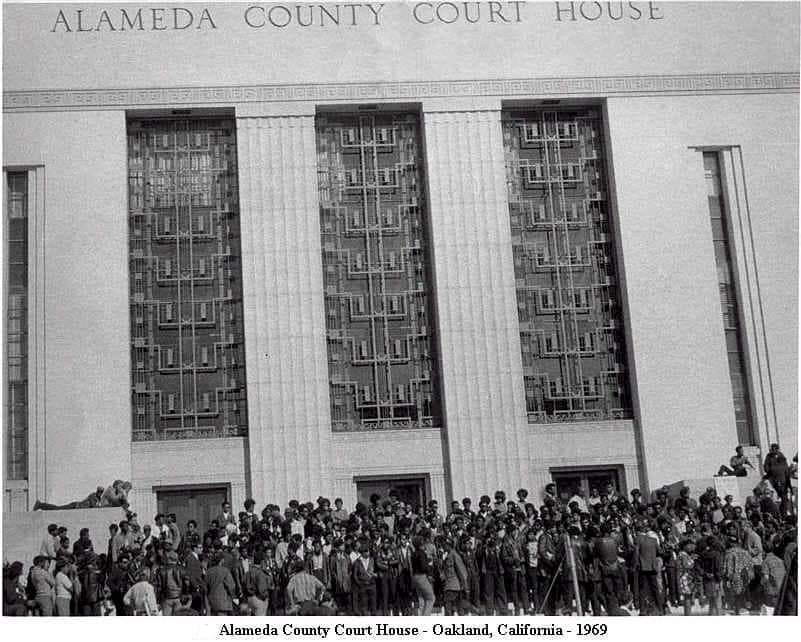A few things I've seen in this discussion:
We need to fund state schools better, this will reduce tuition: Agree 100%. One of the best "bangs for your buck." I think state schools can make up for some of the gap between them and the elite schools in perceived level of quality, value, etc, by forming strategic partnerships with private employers. This is relatively easy when you have the backing of the state government, which employers want to keep happy.
Demand is up, so tuition is way up: Very true. I think, obviously, government policies that facilitate the borrowing of money for college have a role in increasing the demand for it. However, these are not new, they have been in place for quite some time. In fact, the money was a lot "easier" even 10 years ago before direct government and government subsidized(sallie mae,etc) loans were allowed to be given out at 8, 10, 12% interest rates(when market rates were at record lows, but I will get mad if I go further

). This was the time period I was in school, unfortunately, and the rates were WAY, WAY out of line with historical averages during this time. I was in school from 2005-09, most loans running 7-12%, whereas my mother's God daughter went to school from 1997-2001 and paid a maximum of 4% on any government related loan.
Not to mention, even since the credit crisis hit in 2007 with the resulting tightening in the private sector, tuition has not let up one little bit, it in fact has still increased by double digit percentages!
So what is it? Why, in the last 10 yrs do we all of a sudden see 30, 35, 40, $45,000 tuition bills? I think the answer is a lot more simple than most let on here. Colleges are of course businesses subject to the same economic pressures as the rest of the economy. So lets look at:
Stock market: Has not been great or even consistently decent since 2000. We all know what its been like since 2007! Obviously, colleges and universities have endowments that they have invested in stocks, bonds, etc. If the endowment is strong, they are less dependent on tuition.
Health Care and Energy Costs: Colleges pay these like everyone else, probably more so because they are generally very generous with benefits and they have many buildings used as residences, so there is a lot of energy consumption. Health care rising fast, energy rising fast, they pay, they pass the cost on.
Changing nature of the economy in general: 30 years ago, it was much easier to have a job and a middle class lifestyle without a college degree. As we all know, those days are history. So out of necessity, more people are seeking college educations. This could be more of a factor than the "easy money" argument, as college loans have thus far avoided the "hand them out of a cracker jack box" no documentation, interest only, "we don't care if you pay them back cause we're selling them to Wall Street" mentality that plagued the mortgage industry.
I don't know the answer. I think the student loan reforms this year were a step in the right direction, if we are taking the plunge as taxpayers, we may as well be doing it in house in a way that incentivizes keeping the deficit down as opposed to making a few private corporations with lobbyists whole on any losses(socialism much??!!!!!).
I think the most simple, most obvious answer is the best one: College is expensive, so people need good incomes to pay for it. So lets get to work creating the good, high paying jobs of the 21st century so that we can afford to send our kids to college! That is a starting point that we can all agree on, though we will of course differ on how to get there!








